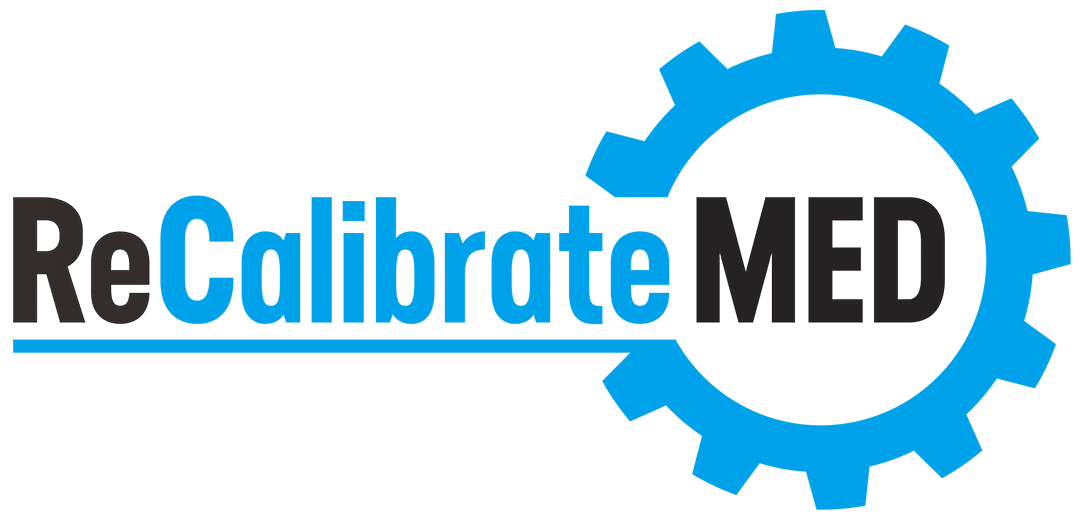Hormone therapy is a common treatment option for various medical conditions, including hormone imbalances and certain types of cancers. It involves the use of medications or supplements to regulate hormone levels in the body. While hormone therapy can be highly effective, it is essential to understand the potential interactions between these treatments and other medications or supplements that an individual may be taking. These interactions can have significant implications for both the effectiveness and safety of hormone therapy.
Understanding the importance of medication and supplement interactions
Medications and supplements can have a profound impact on hormone therapy. Certain medications may interfere with the absorption, distribution, metabolism, or elimination of hormones, leading to reduced effectiveness. On the other hand, some supplements may enhance or inhibit the effects of hormones, potentially causing imbalances or adverse reactions. It is crucial to recognize the significance of these interactions to ensure the optimal outcomes of hormone therapy.
One key factor to consider is the potential for drug-drug interactions, where one medication may affect the metabolism of another. For example, certain antidepressants can increase the metabolism of estrogen, potentially reducing its effectiveness. Similarly, some medications used to treat high blood pressure can interact with hormone therapy, leading to adverse effects. Additionally, supplements such as St. John’s wort and grapefruit juice can interfere with the metabolism of hormones, necessitating caution when combining them with hormone therapy.
Common medications that may interact with hormone therapy
Several common medications have the potential to interact with hormone therapy. It is essential for individuals undergoing hormone therapy to be aware of these interactions and take appropriate steps to mitigate any risks. Some examples of medications that may interact with hormone therapy include:
Antidepressants: Certain antidepressants, such as selective serotonin reuptake inhibitors (SSRIs) and tricyclic antidepressants (TCAs), can interfere with hormone therapy. They may reduce the effectiveness of estrogen or testosterone, leading to suboptimal outcomes.
Blood pressure medications: Some medications used to manage high blood pressure, such as beta-blockers and calcium channel blockers, can interact with hormone therapy. These interactions can affect hormone levels and potentially lead to adverse effects.
Anticoagulants: Anticoagulant medications, such as warfarin, can interact with hormone therapy. Hormones can influence blood clotting, and the combination of hormone therapy and anticoagulants may increase the risk of bleeding or clotting disorders.
Immunosuppressants: Individuals taking immunosuppressant medications, such as corticosteroids or methotrexate, should exercise caution when undergoing hormone therapy. These medications can affect the immune system and potentially interfere with the effects of hormones.
It is crucial for individuals undergoing hormone therapy to inform their healthcare providers about all the medications they are taking to identify potential interactions and adjust treatment plans accordingly.
Potential risks and side effects of medication and supplement interactions
The interactions between hormone therapy and medications or supplements can pose various risks and side effects. It is essential to be aware of these potential complications to ensure the safety and effectiveness of hormone therapy.
One significant risk is the possibility of reduced effectiveness of hormone therapy due to interactions with medications. For example, certain antibiotics can interfere with the absorption of hormones, leading to suboptimal hormone levels in the body. This can hinder the desired therapeutic outcomes and may require adjustments to the treatment plan.
Another risk is the potential for adverse reactions or side effects resulting from the combination of hormone therapy and certain medications or supplements. For instance, combining hormone therapy with certain herbal supplements, such as black cohosh or dong quai, may increase the risk of estrogen-related side effects, including breast tenderness or abnormal uterine bleeding.
Additionally, medication and supplement interactions can influence the metabolism and elimination of hormones from the body. This can lead to imbalances in hormone levels, potentially causing unwanted symptoms or complications. It is crucial for individuals undergoing hormone therapy to monitor their symptoms closely and report any concerns or adverse reactions to their healthcare providers.
Tips for managing medication and supplement interactions during hormone therapy
Managing medication and supplement interactions during hormone therapy requires careful consideration and proactive measures. Here are some helpful tips to navigate these interactions effectively:
Communication with healthcare providers: It is essential to maintain open and honest communication with healthcare providers throughout hormone therapy. Inform them about all the medications and supplements you are taking to identify potential interactions and receive appropriate guidance.
Regular medication reviews: Periodically review your medication and supplement regimen with your healthcare provider to assess the need for any adjustments. This can help identify potential interactions and ensure the optimal safety and effectiveness of hormone therapy.
Research and education: Take the time to educate yourself about potential interactions between hormone therapy, medications, and supplements. Stay informed about the latest research and recommendations in this area. Reliable resources, such as medical journals and reputable websites, can provide valuable information.
Adhere to prescribed dosages and schedules: Follow your healthcare provider’s instructions regarding the dosages and schedules of medications and supplements. Deviating from the prescribed regimen can increase the risk of interactions and compromise the effectiveness of hormone therapy.
Monitor and report symptoms: Pay close attention to any changes or symptoms you experience during hormone therapy. Report any concerns or adverse reactions to your healthcare provider promptly. Early detection and intervention can help mitigate potential complications arising from medication and supplement interactions.
Consulting with healthcare professionals for guidance on medication and supplement interactions
When it comes to managing medication and supplement interactions during hormone therapy, consulting with healthcare professionals is crucial. They possess the knowledge and expertise to provide tailored guidance and recommendations based on your specific situation.
Your healthcare provider can assess your medical history, current medications, and hormone therapy regimen to identify potential interactions. They can guide you in making informed decisions regarding medication adjustments, supplement usage, and potential alternatives.
Pharmacists are also excellent resources for information on medication interactions. They can provide insights into potential drug interactions and offer suggestions for managing them effectively.
Resources and references for further information on medication and supplement interactions
If you are seeking additional information on medication and supplement interactions during hormone therapy, various resources and references can provide valuable insights. Here are some reputable sources to explore:
National Institutes of Health (NIH): The NIH website offers comprehensive information on hormone therapy, medication interactions, and supplement safety. Their resources can help you better understand the potential risks and benefits associated with various treatment combinations.
American Society of Clinical Oncology (ASCO): ASCO provides evidence-based guidelines and recommendations for managing medication and supplement interactions during cancer treatment, including hormone therapy. Their website offers valuable insights for patients, caregivers, and healthcare professionals.
Mayo Clinic: The Mayo Clinic website hosts a wealth of information on hormone therapy, medication interactions, and supplement safety. Their resources can help you navigate the complexities of managing your medications and supplements during hormone therapy.
Conclusion and key takeaways for navigating hormone therapy and medication/supplement interactions
Navigating hormone therapy and managing medication and supplement interactions requires careful consideration and collaboration with healthcare professionals. Understanding the potential interactions, risks, and side effects is crucial for optimizing treatment outcomes and ensuring safety.
By maintaining open communication with your healthcare provider, adhering to prescribed dosages and schedules, and staying informed about potential interactions, you can navigate hormone therapy more effectively. Regular medication reviews, close symptom monitoring, and proactive reporting of concerns can also contribute to a successful treatment experience.
Remember that healthcare professionals are your best allies in managing medication and supplement interactions during hormone therapy. Consult with them for personalized guidance, recommendations, and adjustments to your treatment plan.
By taking these proactive steps, you can navigate hormone therapy with confidence and minimize the potential risks associated with medication and supplement interactions. Call us today at (910) 420-0443.





